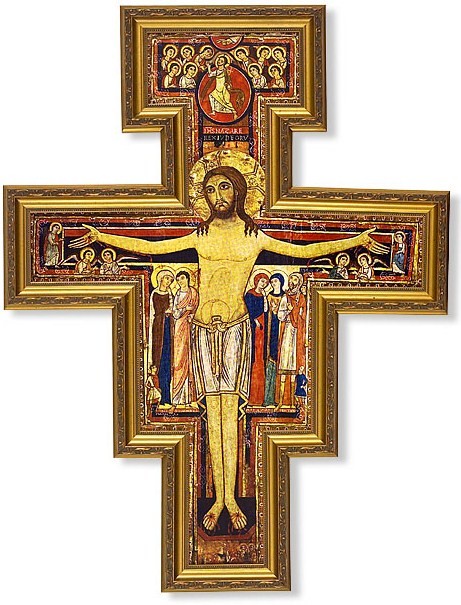The Great Oath
 We read in the Book of Genesis that God created the universe in six days and rested on the seventh. God accomplished His creation and revealed it to us in a particular way. He did so, however, not for His own sake, but for ours. God gained nothing by stretching the effort into six days of narrative time; nor was He refreshed by taking the seventh day off. The seven days of Genesis are intended to signify something about God, the cosmos, and their relationship. What God seems to be doing here on the seventh day, is not resting, but binding Himself to His creation in a perpetual covenant relationship. By blessing the seventh day, God swore a covenant to His world. He is Father to a Family. That action represents the covenant relationship that He established with his creation.
We read in the Book of Genesis that God created the universe in six days and rested on the seventh. God accomplished His creation and revealed it to us in a particular way. He did so, however, not for His own sake, but for ours. God gained nothing by stretching the effort into six days of narrative time; nor was He refreshed by taking the seventh day off. The seven days of Genesis are intended to signify something about God, the cosmos, and their relationship. What God seems to be doing here on the seventh day, is not resting, but binding Himself to His creation in a perpetual covenant relationship. By blessing the seventh day, God swore a covenant to His world. He is Father to a Family. That action represents the covenant relationship that He established with his creation.
It is no accident that God “hallowed” the seventh day(Gen2:2)¹. The Hebrew word for the number seven, sheva, evokes a wealth of intended meaning. Sheva is the root of the word saba, which means “fullness and completion.” The earth was full and creation complete on the seventh day. At the other end of the Bible, in the Book of Revelation, we find an abundance of sevens signifying the end of the world—history come to its completion. But the word sheva has a still closer kinship with another word: Shava is the verb for swearing a covenant oath. Its literal meaing is “to seven oneself.” The verb for swearing a covenant is built upon the number seven.²
[1] Genesis 2:2
[2] Scott Hahn, Author of Swear to God









No comments:
Post a Comment